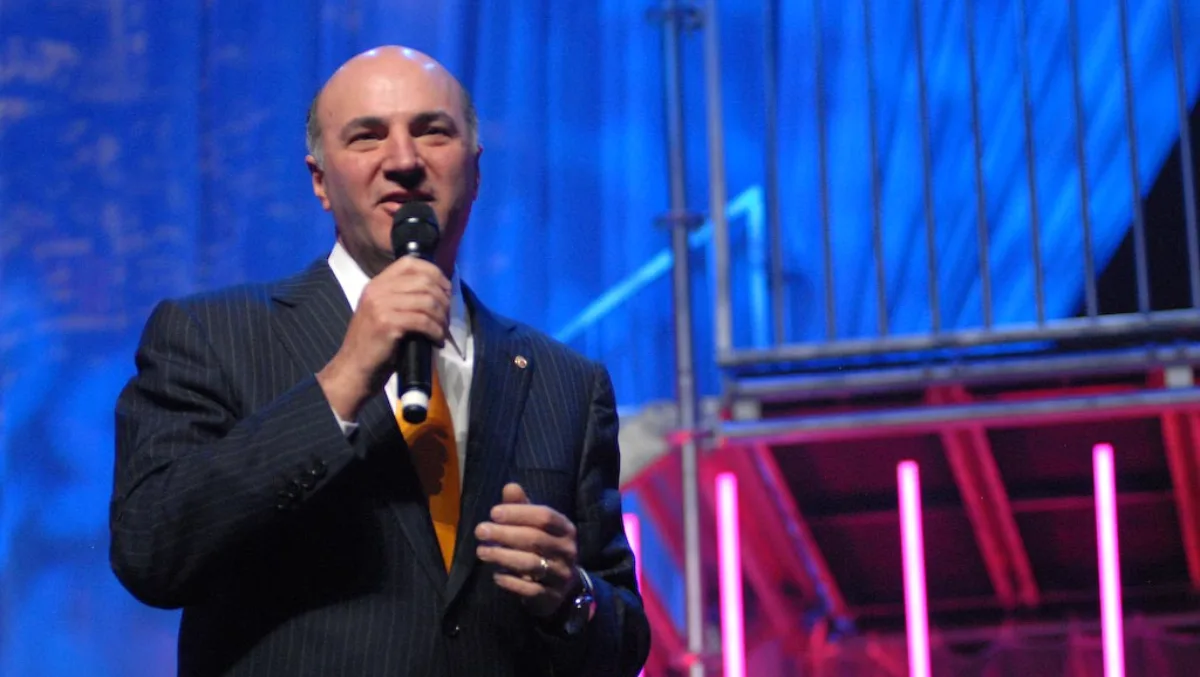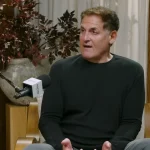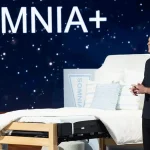
Kevin O’Leary isn’t shy about calling out financial traps, and credit cards are at the top of his hit list. He warns that credit card debt is a cancer to your retirement. Kevin also has some blunt advice about how people should really think about retirement money.
Credit card debt has emerged as Kevin’s number one enemy when it comes to saving for retirement.
Who is Kevin O’Leary?
Kevin O’Leary, author of personal finance books, doesn’t waste time with fluff. He built his fortune by selling his software company for billions and is one of the Shark Tank judges. Kevin has become one of the most recognizable voices in business and investing.
He is mainly known for his brutal honesty. Kevin warns people that bad money habits will wreck their future.
On Shark Tank, Kevin is notorious for chasing royalty-based deals, reflecting his obsession with predictable cash flow.
What Kevin O’Leary Says on Retirement and Debt
According to O’Leary, many Americans are losing ground on their retirement goals because money is slipping away to high-interest payments and unnecessary spending.
Kevin points out that credit card balances for conspicuous consumption and liabilities are often the biggest roadblock between people and long-term financial security.
O’Leary draws an analogy where he compares bad money habits to an illness and calls credit card debt a financial cancer. The latest data from the Federal Reserve Bank of New York show how severe the problem has become.
Kevin O’Leary on Why Debt Is Killing Your Retirement Dreams
According to the Federal Reserve, household debt climbed to $18.93 trillion in the second quarter of 2025. Credit card balances alone hit $1.18 trillion in the first quarter, up 6% from a year earlier.
With average credit card APRs now hovering around 22-24%, debt grows three times faster than the stock market’s typical 7% annual return, making it nearly impossible for savings to keep up.
Considering the numbers, O’Leary points out in his Sharkly manner that this surge in debt is eating away at retirement prospects. With so much income tied up in interest payments, many people have little left to put toward their 401(k)s.
Kevin points out that many people have a false hope mentality, believing that their money problems will magically disappear one day.
He says many people stall on taking real action because they’re waiting for luck to bail them out, whether through a jackpot win, a sudden inheritance, or anything in between.
Mr. Wonderful’s Retirement Solution Advice
Mr. Wonderful’s mantra is to strip the emotion out of money and focus on the numbers. He suggests tracking income and expenses over three months/ 90 days to see what’s really left over.
If the math shows you’re coming up short, it’s time to cut back. He says that surplus should go toward retirement savings if you’re ahead. The point is to create a clear picture of where your money is going and use it to make smarter choices for the future.
What Exactly is the 90-Day Rule?
Based on a three-month expenditure analysis, the 90-day rule provides math-based guidance on what to do and what not to do with one’s money. Here are the financial rules one can follow under the 90-day rule.
- Track every dollar you earn and spend over three months without any exceptions.
- If your expenses are higher than your income, start cutting back immediately by reducing luxury spending such as dining out, subscriptions, or impulse buys.
- If you’re in a good position and have extra money, put that surplus directly into retirement savings or a 401(k) so it doesn’t sit unused.
Kevin’s Advice on Debt, Discipline, and 401(k) Growth
O’Leary often pushes people to maintain discipline with money, and retirement plans are no exception.
He sees the 401(k) as a reliable way to build wealth because savings come straight out of each paycheck, and many employers are willing to match part of it.
Kevin also points out how this only works in practice if the person stays committed and does not let high-interest debt eat into their money.
Mathematically and realistically speaking, Mr. Wonderful says putting aside 15 percent of income should be seen as the floor of the bare minimum, not the ceiling.
For those struggling to make ends meet, the first step should be bridging the debt gap to 0 as soon as possible and proceeding accordingly.
Retirement plans like 401(k)s are powerful vehicles for growth, but their value depends entirely on the fuel of disciplined money management.
The Harsh Math of Debt vs. 401(k) Growth
Compounding can either build wealth or destroy it, depending on which side you’re on. Carrying credit card debt at 20% interest means every dollar you owe is growing at a much faster pace than your money would in the market, where average returns hover around 7%.
That gap is why debt feels inescapable. Even small balances add up quickly, outpacing what most people can earn through investing.
Retirement Isn’t About Age; It’s About What You Can Afford
The numbers and benchmarks of retirement eligibility have less to do with age and more with affordability and future goals.
A person living in New York will have different budgetary needs than someone living in Minnesota. Someone who aspires to live in an Alaskan hillside house will have different needs than someone who wants to travel the world.
The ends can differ, but the means to the end lie in avoiding debt and being financially smart.
Quick Crash Course on Kevin O’Leary’s Retirement Savings
Kevin doesn’t overcomplicate retirement advice. He advises some simple rules that anyone can follow. These rules are strict, practical, and meant to keep you from making the mistakes that quietly destroy your retirement money.
- Retire by the numbers, not the calendar: Forget the age and retire when the numbers add up. This means retiring only when your savings can cover your lifestyle.
- Kill credit card debt first: Kevin O’Leary sees credit card debt as the biggest enemy of retirement, warning that interest charges quietly eat away at people’s future.
- Stop waiting for luck: He says many people hope for a lucky break instead of tackling their money problems head-on.
- Use the 90-Day Rule: Kevin preaches the simple message of tracking income and spending over three months, cutting back if you’re in the red, and putting extra cash toward savings.
- Save at least 15% of income: Mr. Wonderful believes retirement plans like 401(k)s only work with consistency and discipline, urging people to save at least 15% of their income once debt is under control.
Kevin O’Leary’s advice on retirement money comes from decades of his financial wisdom. He recommends to eliminate debt, automate savings, and stay disciplined. That’s how you turn retirement from a dream into a plan.




















